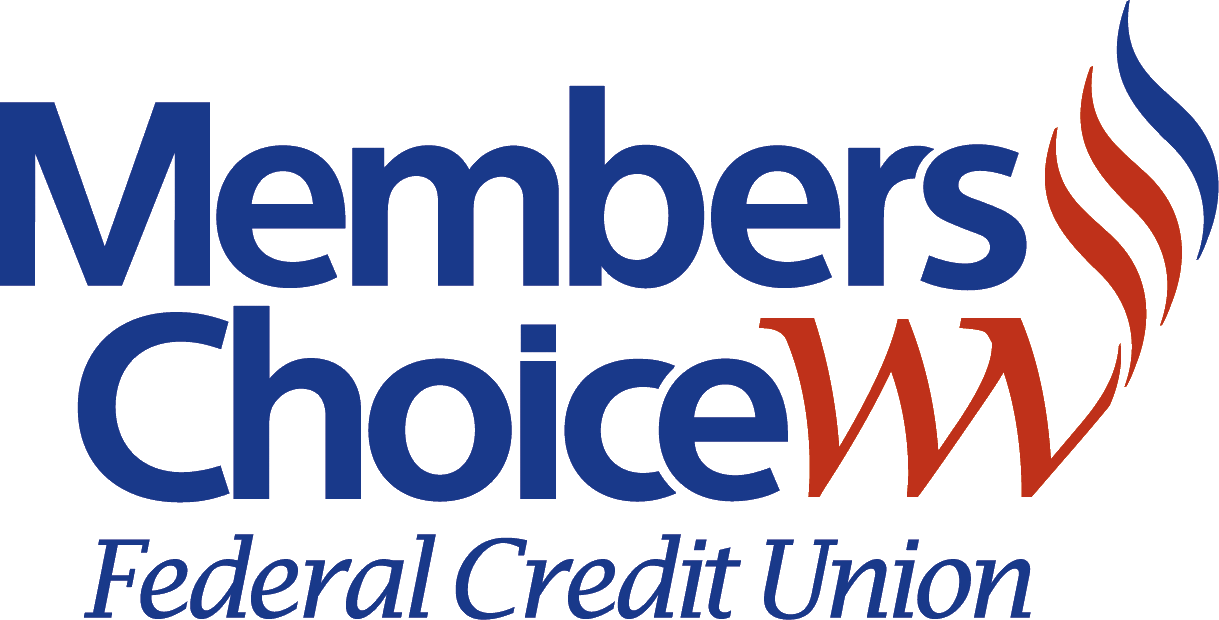Credit Union Vs. Bank: What's The Difference?
You have plenty of options when it comes to a new checking or savings account, a loan, a credit card, or a line of credit. An often-overlooked choice for these needs is the credit union, which offers many of the same financial products and services you can get at a bank.
But what is a credit union, and how does it vary from a typical bank? Although banks and credit unions provide comparable services, there are some significant differences between the two types of institutions and how they operate.
Understanding the distinctions between banks and credit unions may help you make the best financial decisions for your family.
Not-For-Profit vs. For-Profit
One significant difference between banks and credit unions is their profit position. Banks are for-profit, which means they are either privately owned or publicly traded, whereas credit unions are non or not-for-profit. This for-profit vs. not-for-profit division plays a significant role in the differences in the products and services each type of organization provides.
A credit union is owned by its members since it is structured as a cooperative. Individuals with a similar tie, such as the sector they work in, the town they reside in, their beliefs, or their participation in another organization, are often eligible for membership in credit unions. This means members generally get lower rates on loans, pay fewer (and lower) fees and earn higher APYs on savings products than bank customers.
FDIC vs. NCUA
A common concern about credit unions is that the Federal Deposit Insurance Corporation or FDIC does not insure them. Although the FDIC does not insure credit unions, Congress established the National Credit Union Administration (NCUA) in 1970 to cover assets in credit union accounts.
The Federal Deposit Insurance Corporation (FDIC) is a federal organization that insures deposits up to $250,000 per depositor, each insured bank, and each account ownership type. If your bank fails or runs out of money, the FDIC will reimburse account holders the money owed to them from the bankrupt bank's accounts.
Similarly, NCUA insurance, like FDIC insurance, guarantees up to $250,000 per share owner, each insured credit union, and for each account ownership category if the credit union closes or goes into conservatorship. The NCUA insures all federal credit unions and most state credit unions. You may check if your credit union is insured on the NCUA website, and NCUA-insured credit unions always clearly display their insurance status on signage in their locations.
Members Only vs. No-Membership
Most banks will do business with anyone, but credit unions are a bit different. A credit union is a cooperative of members with something in common, such as working in the same industry, belonging to the same religious organization, or living in the same town. Therefore, credit unions are often considered more community-oriented due to this.
Members of a credit union often vote to elect a volunteer board of directors to govern the credit union. Because the board is frequently made up of members who also conduct their banking at the credit union, the board's concentration is on serving the needs of their community rather than producing profits for outside stockholders.
Interested in Joining A Credit Union?
Ready to become a credit union member? Join us at Members Choice West Virginia Federal Credit Union this year and learn what it means to be a part of the credit union movement.
As a not-for-profit organization, our mission is to provide you with quality financial products and services, including great, low loan rates and terms, different account types to fit your needs, and more. Not only that, but as a member, you’re also an owner of the credit union and will always have voting rights, receive dividends, and be part of the support given to your community.
To apply, visit us at 201 Ohio Avenue in Charleston or submit your application online here: memberschoicewv.com/personal-account-application
Restrictions may apply.

